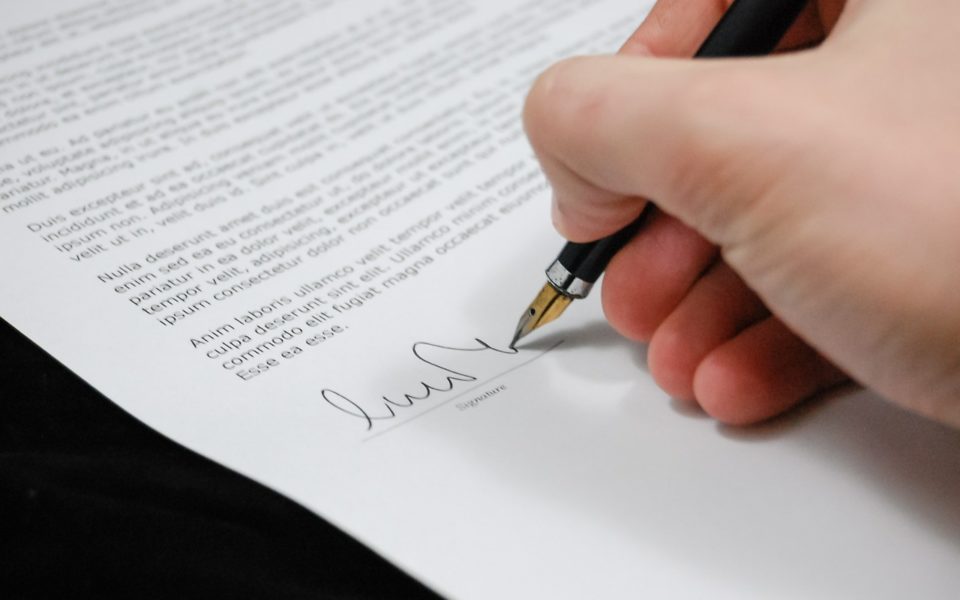Powers of attorney
There are two types of power of attorney that you can grant:
- Firstly, to appoint someone you trust to make decisions about your health and wellbeing if you become incapacitated, and
- Secondly, to appoint someone you trust to make decisions about your finances if you cannot manage your financial affairs.
You can choose to make one type or both, but please note, there is a different process in Scotland and Northern Ireland.
A lasting power of attorney (LPA) is a legal document that lets you (the ‘donor’) appoint one or more people (known as ‘attorneys’) to help you make decisions or to make decisions on your behalf. This gives you more control over what happens to you if you have an accident or an illness and can’t make your own decisions (you ‘lack mental capacity’).
You must be 18 or over and have mental capacity (the ability to make your own decisions) when you make your LPA.
To make a lasting power of attorney you will need to:
- Choose your attorney(you can have more than one).
- Fill in the forms to appoint them as an attorney.
- Register your LPAwith the Office of the Public Guardian (this can take up to 10 weeks).
It costs £82 to register an LPA unless you get a reduction or exemption.
For help with deciding if you should make a lasting power of attorney you can contact the Office of the Public Guardian:
Office of the Public Guardian (England and Wales)
customerservices@publicguardian.gsi.gov.uk
Telephone: 0300 456 0300
Textphone: 0115 934 2778
Monday, Tuesday, Thursday, Friday, 9am to 5pm
Wednesday, 10am to 5pm
Office of the Public Guardian in Scotland
01324 678398
OPG@scotcourts.gov.uk
If you need an accountant to discuss your financial planning with contact TLA Business Services today on 01905 21411

